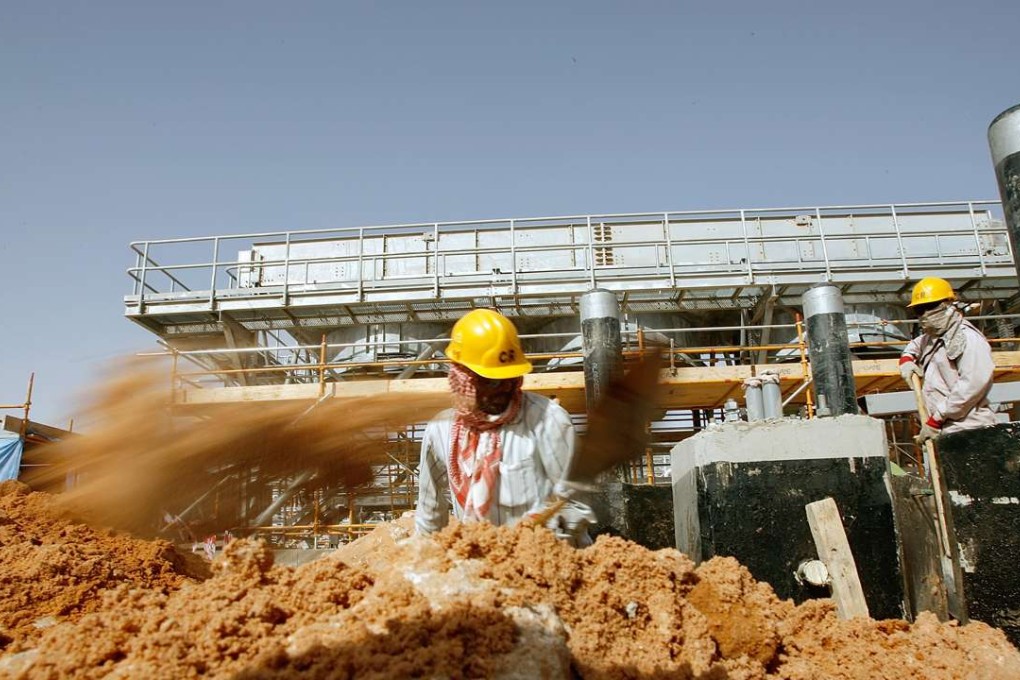Oil giants doomed as China pushes for electric vehicles, says BNP Paribas

A seismic shift from petrol and diesel vehicles to electric ones, especially in China, could mean the world would enter an era of oil surplus in as early as a decade, says French bank BNP Paribas.
The planned initial public offering of Saudi Aramco could be the first of a series as more oil giants turn to alternative growth drivers, it predicts.
“It might be there, one last cycle of oil demand. After that I won’t be talking about oil anymore, I would be talking about electric vehicles,” said Yongliang Por, head of APAC energy research at BNP Paribas.
The bank predicts global oil supply to exceed demand from 2022, and that oil demand growth could turn negative from 2027 onwards. Aggressive push for electric vehicles by China, the world’s biggest and fastest growing electric vehicle market, is a major reason.
China, which could become the world’s biggest oil importer this year, is eager to reduce its reliance on oil and oversupply of electricity.